United States President Donald Trump’s steep tariffs on nearly all countries have sent many world leaders scrambling to forge a deal to bring down duties. Asian markets felt the sting of the American president’s sky-high import taxes on Monday (April 7) after Trump indicated he would not back down.
Asian stocks plunged as the US president compared his sweeping tariffs announced last week to “medicine”. “I don’t want anything to go down. But sometimes you have to take medicine to fix something,” he told reporters aboard Air Force One while returning from a weekend in Florida.
White House economic adviser Kevin Hassett told ABC News yesterday, “More than 50 countries have reached out to the president to begin a negotiation” on tariffs, claiming that the nations are doing this “because they understand they bear a lot of the tariff.”
As Trump’s “reciprocal tariffs” loom after a baseline tariff of 10 per cent on all imports came into effect on Saturday, what are countries offering to avoid the high taxes?
India seeks trade talks with US
The US has targeted India with a high tariff of 26 per cent on all goods it ships to the country. After Trump’s announcement on April 2, New Delhi had said it was analysing the impact of the import taxes, describing them as a “mixed bag”.
A government official told reporters on Saturday on the condition of anonymity that India is not planning to retaliate against the new US tariffs; instead, it will focus on reaching a bilateral trade deal, reported Bloomberg.
The official pointed out that India has a “first-mover advantage” over its Asian rivals as talks with the Trump administration for a potential trade agreement are already underway.
In February, India and the US decided to negotiate a trade deal by autumn 2025 to resolve their dispute over tariffs.
A government official told Reuters that the Indian government has examined a clause of the White House’s tariff order that could potentially give relief to trading partners who “take significant steps to remedy non-reciprocal trade arrangements”.
As per an earlier Reuters report, New Delhi is considering reducing tariffs on US imports worth $23 billion. India has already cut import taxes on luxury bikes and bourbon, along with scrapping a six per cent levy on digital advertisements online that affected US tech giants.
Asian countries respond
Vietnam and China have taken poles-apart approaches to the sweeping US tariffs.
Vietnam, which has been slapped with a 46 per cent tariff rate, has urged the Trump administration to delay the implementation of “reciprocal” tariffs on April 9 while the two sides negotiate.
The request was reportedly made during Vietnam’s Deputy Prime Minister Bui Thanh Son’s meeting with US Ambassador Marc Knapper in Hanoi on Sunday.
Son also offered to cut tariffs on US goods coming to Vietnam to zero per cent, as per a Business Insider report.
According to The New York Times (NYT), Vietnamese Communist Party chief To Lam in a letter dated April 5 asked Trump to defer the implementation of the reciprocal tariffs for at least 45 days.
Vietnam’s other deputy PM, Ho Duc Phoc, who has been appointed the special envoy to the US, is visiting America and Cuba from April 6-16, hoping to convince the Trump administration to prioritise talks to reach a deal, reported NPR.
China has taken an aggressive stance after the US hit the nation with 54 per cent import taxes on Chinese goods. Beijing has imposed 34 per cent retaliatory tariffs on US goods coming into China.
Taiwan’s President Lai Ching-te has decided not to impose retaliatory tariffs on US imports. He also expressed willingness to negotiate with the Trump administration with the aim to have “zero tariffs” between the US and Taiwan, reported Reuters. He has also promised to raise Taiwan’s US investments.
Indonesia has also refrained from announcing retaliatory tariffs against the US, with its chief economic minister Airlangga Hartarto saying the country will take the diplomatic route to find a solution to the 32 per cent tariffs imposed on Indonesian goods. He said Indonesia is planning to dispatch a delegation to the US to negotiate with Trump, reported Reuters.
What are other nations doing?
Many other countries are rushing to negotiate tariff rates with the US.
As per a CNN report, the US president is “actively negotiating” trade deals with India, Vietnam, and Israel.
Israel Prime Minister Benjamin Netanyahu is slated to meet Trump on Monday (April 7), seeking a reprieve from the 17 per cent tariffs imposed on Israeli imports. An Israeli finance ministry official said last week that the new US tariff rate could impact Israel’s exports of machinery and medical equipment, reported The Guardian.
Italy and Spain have called on the European governments to avoid a clash with the US over Trump’s 20 per cent tariffs on goods from the European Union (EU).
Italian Prime Minister Giorgia Meloni previously condemned the US tariffs but said Rome would make all efforts to reach an agreement with Washington to avert a trade war.
Facing an 18 per cent tax on Zimbabwean exports to the US, Zimbabwe’s President Emmerson Mnangagwa has announced suspending tariffs on US goods to try to build a “positive relationship”.
“This measure is intended to facilitate the expansion of American imports within the Zimbabwean market, while simultaneously promoting the growth of Zimbabwean exports destined for the United States,” Mnangagwa said on X.
Lesotho, a small African nation, which has been hit with 50 per cent tariffs, has said it would send a delegation to the US to negotiate a new deal. It also plans to explore new markets for its goods.
With inputs from agencies


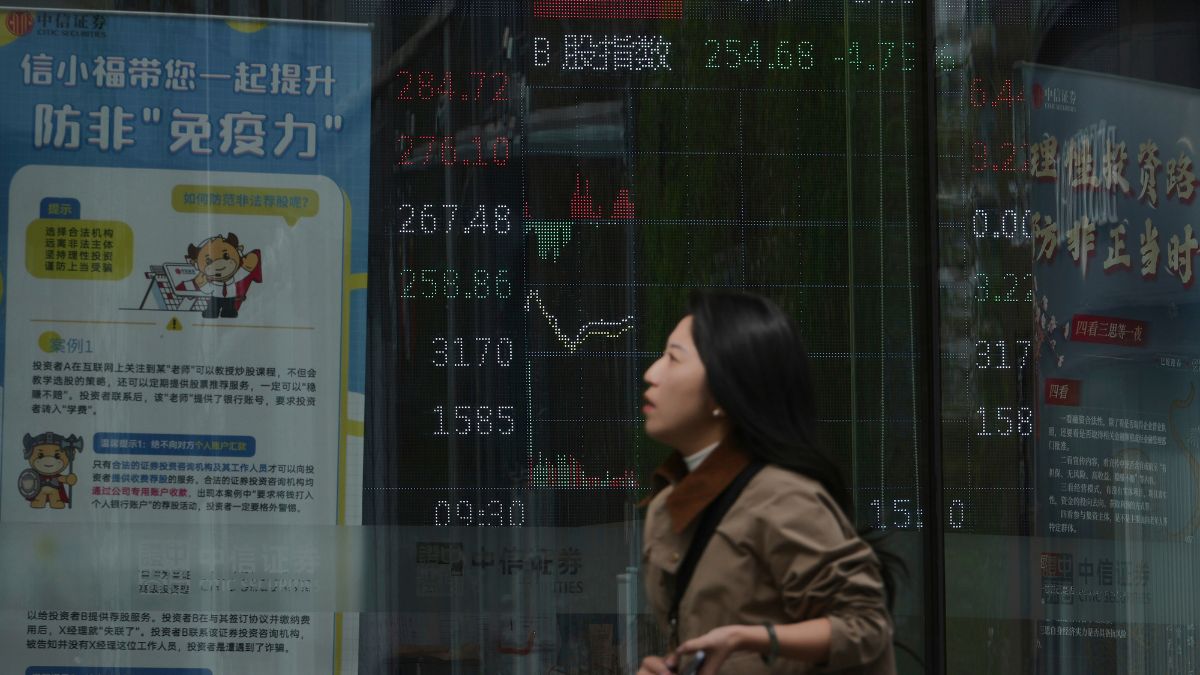)

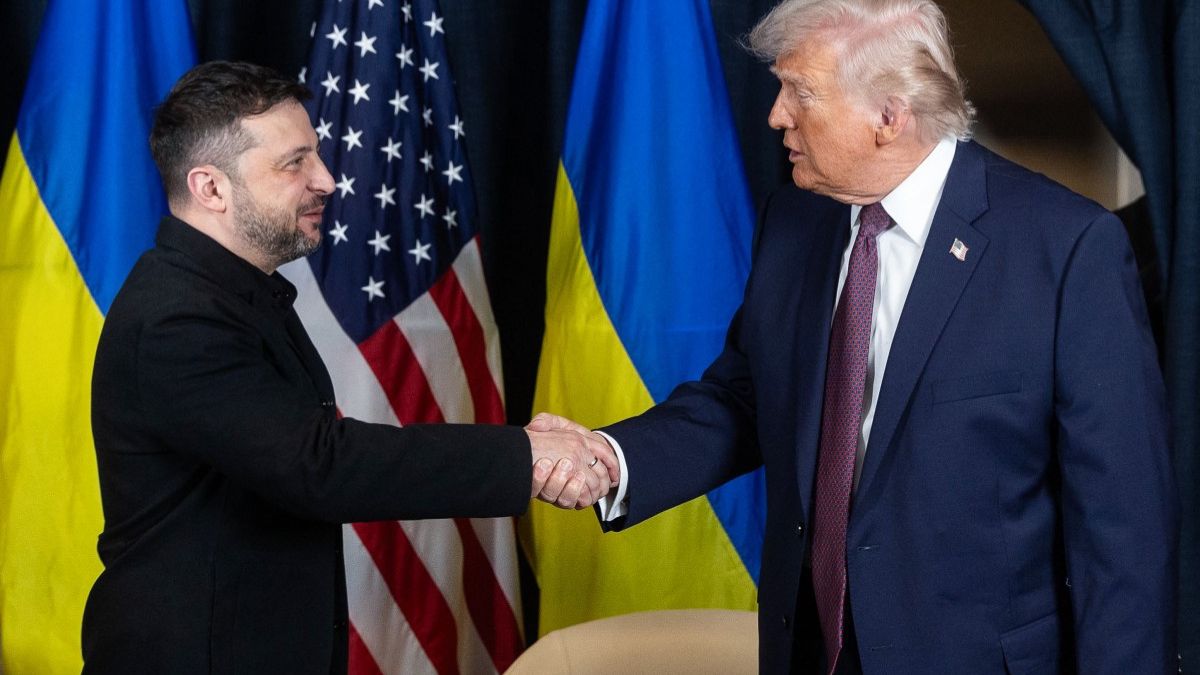)
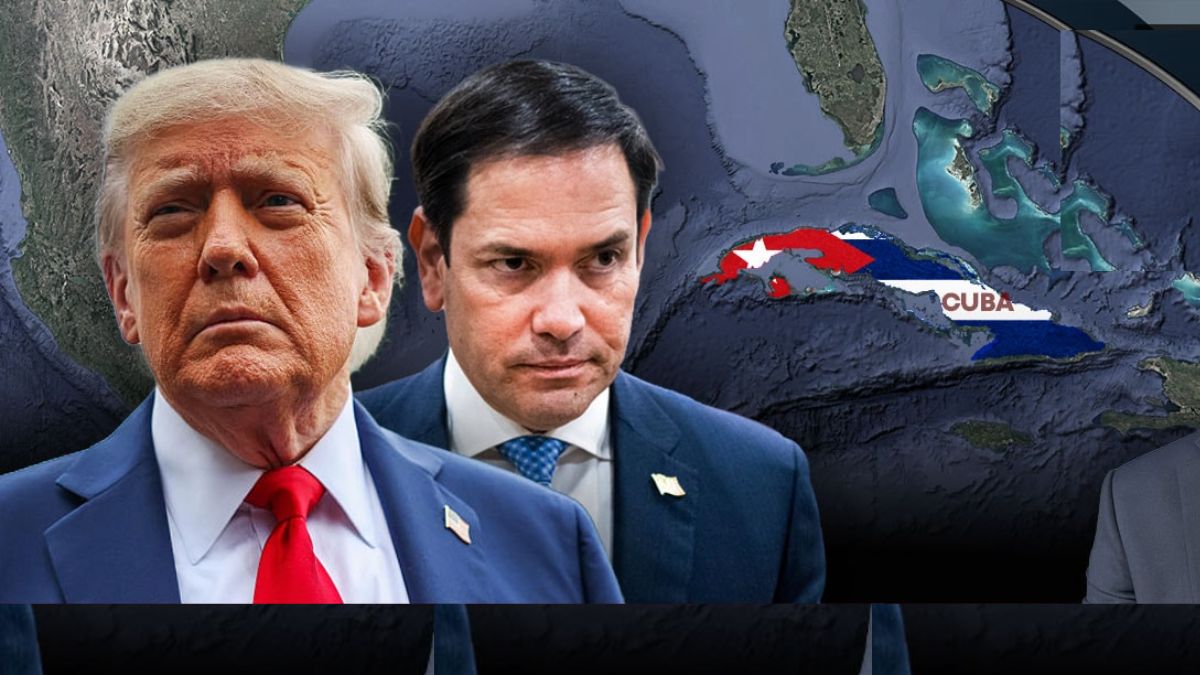)
)
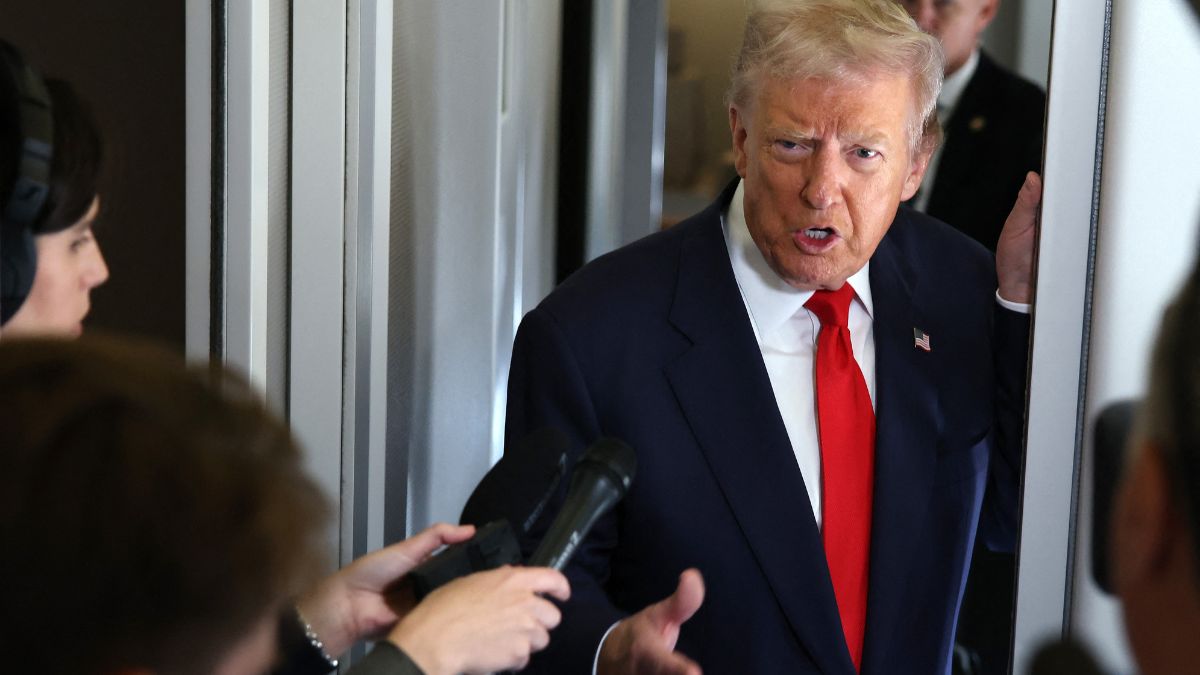)
)
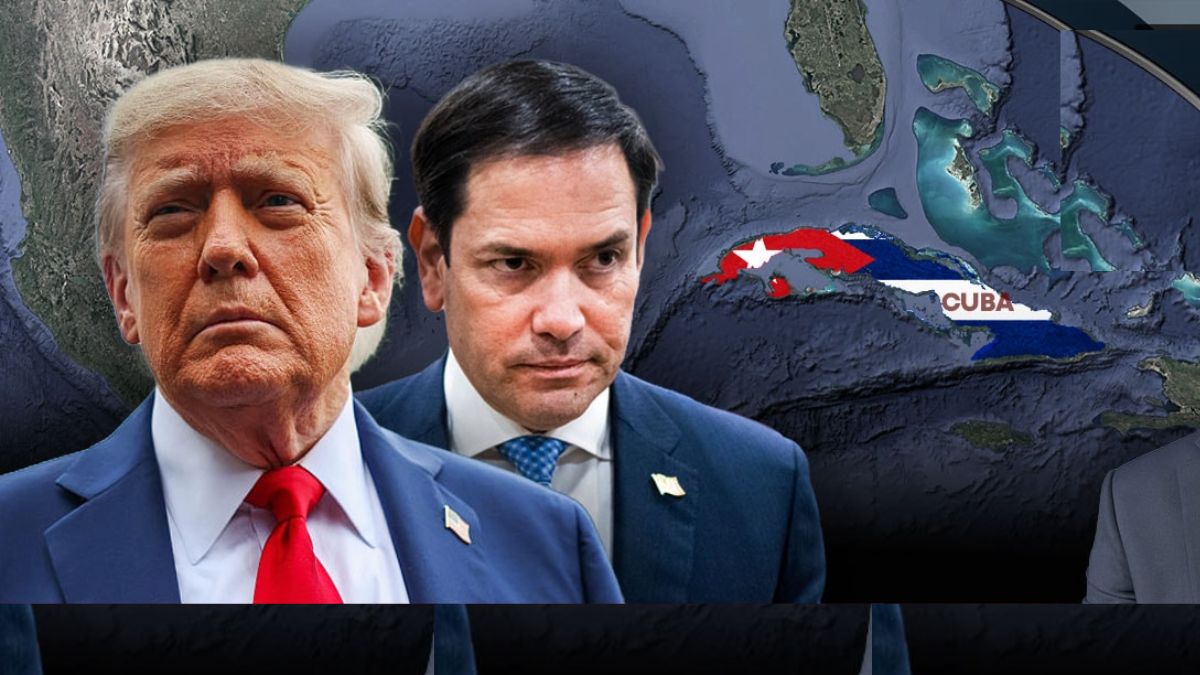)
)
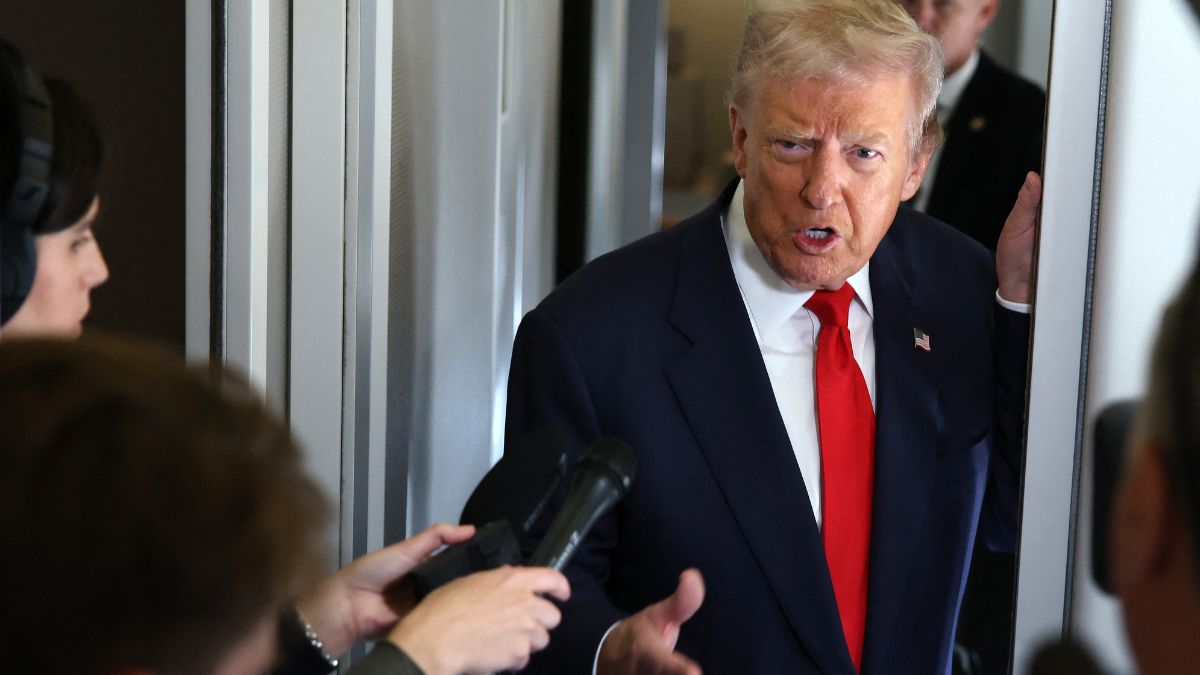)



